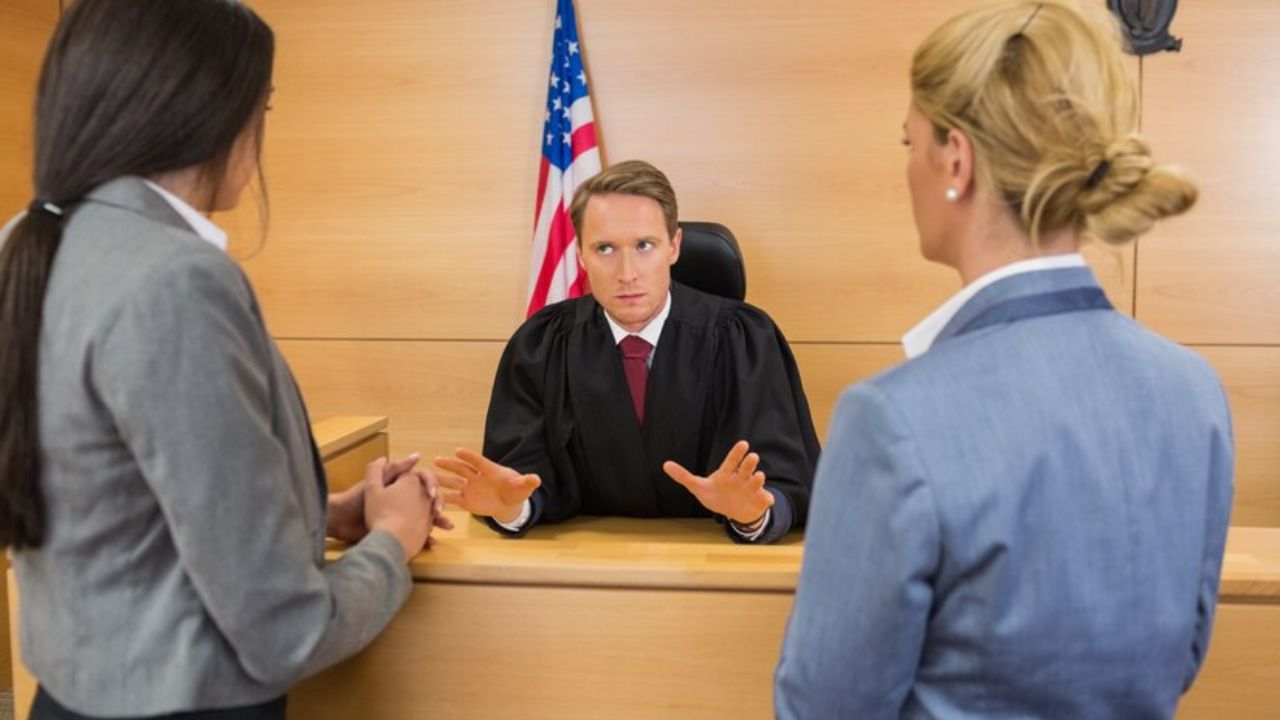LAW
c.w. park USC Lawsuit: Unraveling Allegations and Implications

Step into the unfolding drama of the c.w. park USC Lawsuit, where allegations and implications collide in a legal battleground that casts shadows over higher education. From accusations to responses, this saga is more than just a case – it’s a spotlight on discrimination and its reverberations across university campuses. Let’s delve into the intricacies of this controversial lawsuit and explore its impact on USC, students, faculty, and beyond.
Background and Allegations against c.w. park USC Lawsuit
In the ongoing c.w. park USC lawsuit, serious allegations have been brought against the university professor. The lawsuit centers around claims of discriminatory behavior and fostering a hostile work environment at USC. Allegations include instances of racial bias, harassment, and unfair treatment towards students and faculty.
The background of the case reveals a complex web of accusations that paint a troubling picture of discrimination within academic settings. Reports suggest that c.w. park’s conduct has allegedly violated USC’s policies on diversity, equity, and inclusion. The legal proceedings shed light on deeper issues surrounding equality and respect in higher education institutions.
As details continue to unfold, it is crucial to examine the impact such allegations can have on the reputation and values upheld by universities like USC. The c.w. park lawsuit serves as a stark reminder of the importance of addressing discrimination in all its forms within educational environments.
Implications for USC and Higher Education Institutions
The c.w. park USC lawsuit has brought to light significant implications for USC and other higher education institutions. The allegations of discrimination and misconduct have raised concerns about the integrity of academic environments and the treatment of students and faculty alike.
For USC, this lawsuit may impact its reputation and credibility as an institution that prides itself on diversity and inclusion. It highlights the importance of fostering a culture of equity. And respect within campus communities to prevent such incidents from occurring in the future.
Moving forward, it is essential for USC and other colleges to reevaluate their strategies for addressing issues of discrimination proactively. By implementing robust measures to promote inclusivity and accountability. These institutions can strive towards fostering environments where everyone feels valued and respected.
Response from c.w. park and USC
Following the allegations in the c.w. park USC lawsuit, both c.w. park and USC have issued responses to address the situation. The responses from both parties indicate a need for further investigation into the matter to ensure transparency and accountability in handling such sensitive issues within higher education institutions.
Impact on Students and Faculty at USC
The c.w. park USC lawsuit has undoubtedly sent ripples through the student and faculty community at USC. For students, it may have raised concerns about fairness and equality within their academic environment. The allegations against a prominent professor can shake the trust they place in their institution.
Faculty members at USC could be facing a period of uncertainty as well. Such high-profile lawsuits can affect morale. And the perception of the university’s commitment to diversity and inclusion efforts among staff members.
These events might spark conversations around discrimination, bias, and power dynamics on campus. Students and faculty alike might find themselves reflecting on how these issues manifest in their daily experiences at USC.
As this situation unfolds, it is essential for both students and faculty to feel supported by the university administration during this challenging time. Open communication channels can help address concerns transparently while working towards fostering a more inclusive academic environment for everyone involved.
Similar Cases in Higher Education
In the realm of higher education, discrimination lawsuits have unfortunately become somewhat familiar occurrences. Allegations of bias based on race, gender, or other factors can surface in various institutions across the country. These cases not only shed light on individual incidents but also highlight broader issues within academia.
One notable aspect is how these cases often bring into question the integrity and inclusivity of educational environments. They prompt discussions about equity, diversity, and the need for cultural sensitivity within universities. Moreover, such lawsuits can challenge existing power structures and demand accountability from educational institutions.
Conclusion: The Importance of Addressing and Preventing Discrimination in Universities
In a landscape where diversity and inclusion are imperative, addressing and preventing discrimination in universities is paramount. The c.w. park USC lawsuit sheds light on the challenges that higher education institutions face in fostering equitable environments for all individuals.
By acknowledging the allegations, learning from similar cases, and implementing proactive measures to combat discrimination, universities can create safer spaces for students and faculty members alike. It is crucial for institutions like USC to prioritize accountability, transparency, and cultural sensitivity to uphold their commitment to diversity and equality.
By holding themselves accountable and actively working towards eradicating discriminatory practices within academia. Universities can pave the way for a more inclusive future where everyone has equal opportunities to thrive and succeed.

-

 GAME5 months ago
GAME5 months agoMastering the Fire Kirin Login Experience
-

 BLOG7 months ago
BLOG7 months agoPepper0 Mother and Son
-

 BUSINESS7 months ago
BUSINESS7 months agoWhy Your Business Needs an Elite Eagle Product Partner for Growth
-

 BLOG9 months ago
BLOG9 months agoCzech Harem: Understanding the Controversial Phenomenon
-

 BLOG10 months ago
BLOG10 months agoBunkr Albums: A Comprehensive Guide
-

 FASHION9 months ago
FASHION9 months agoold fashioned news source nyt crossword
-

 NEWS9 months ago
NEWS9 months agospencer new york news: A Comprehensive Guide
-

 BLOG6 months ago
BLOG6 months agoEntreTech.org: Empowering Entrepreneurs Through Technology